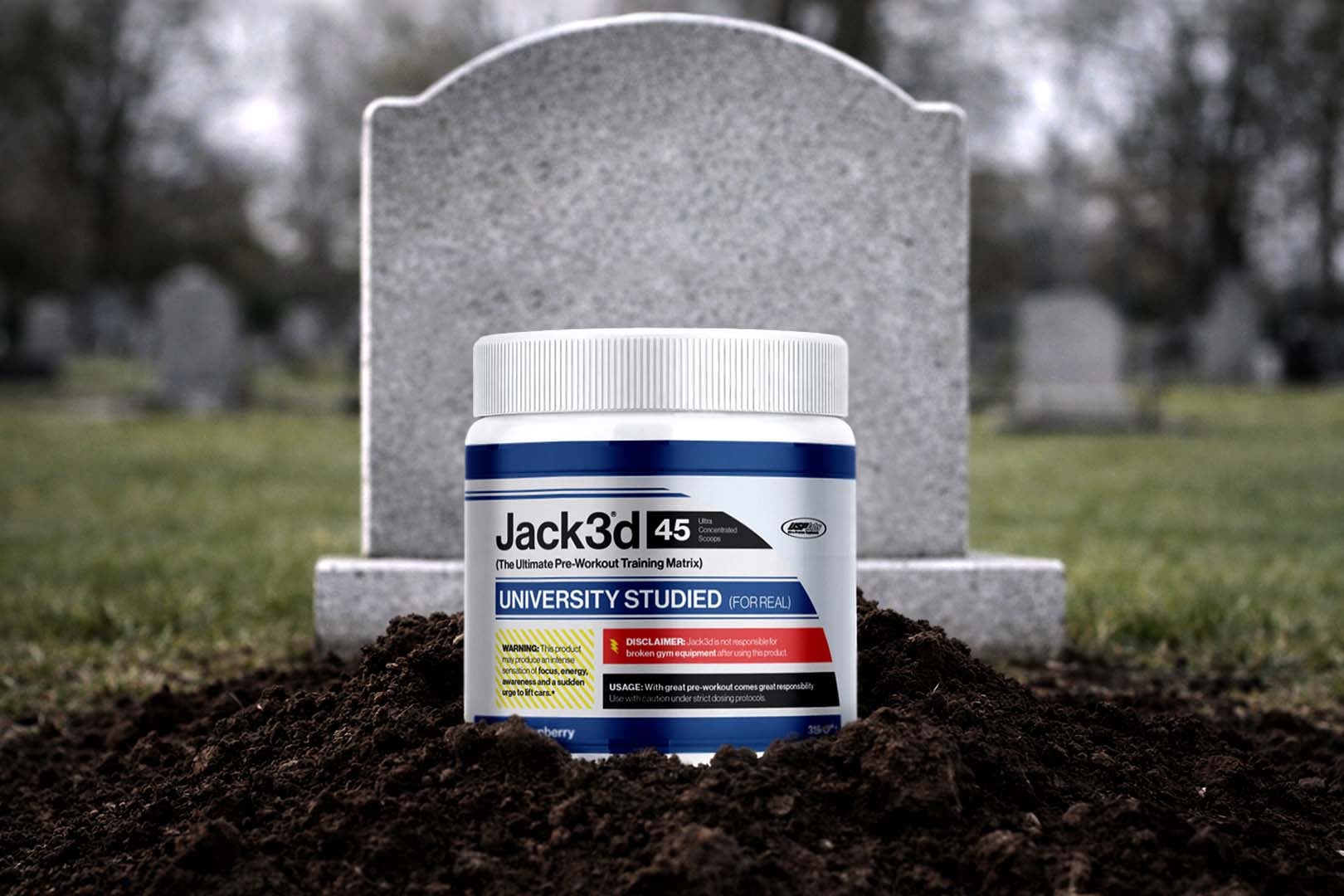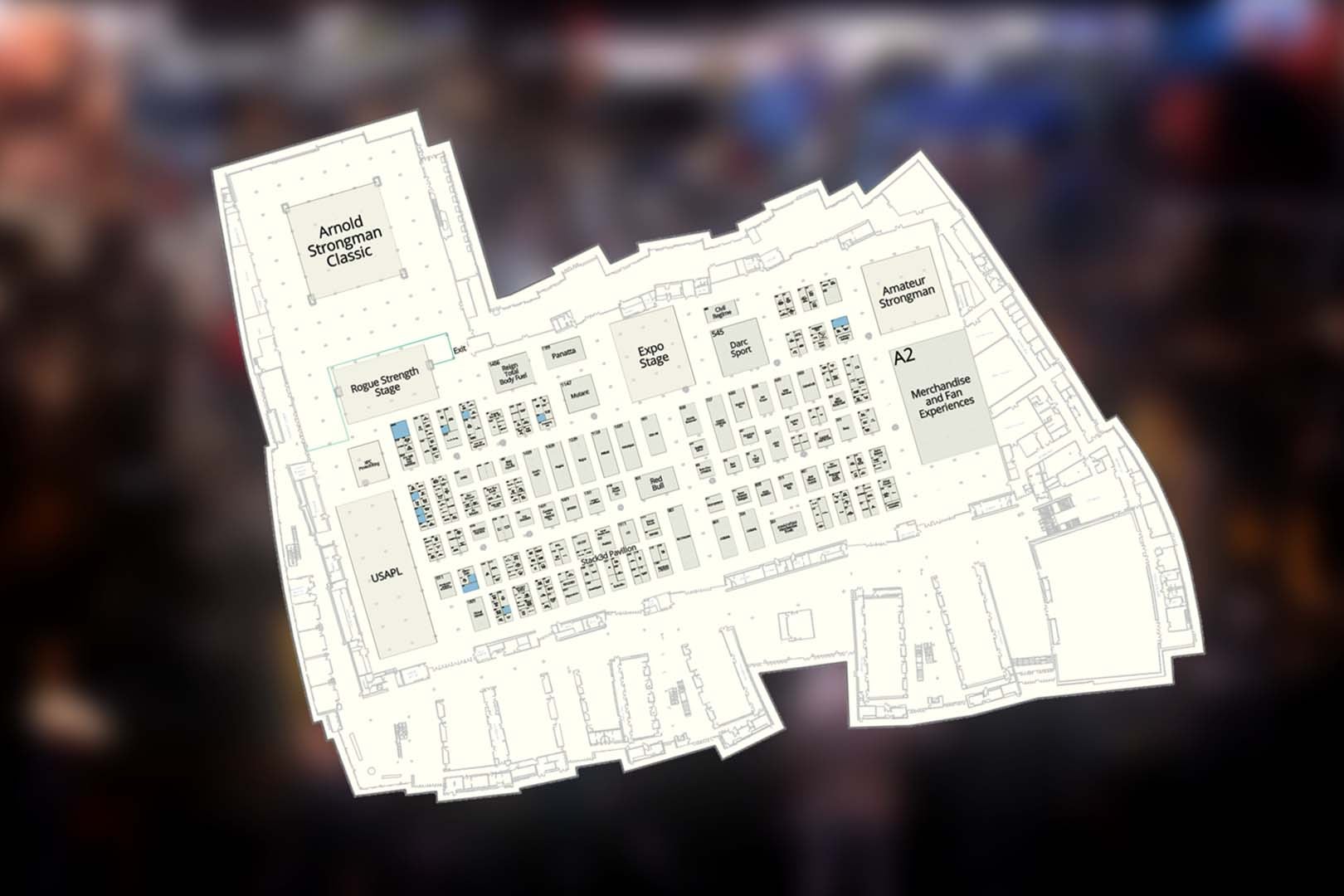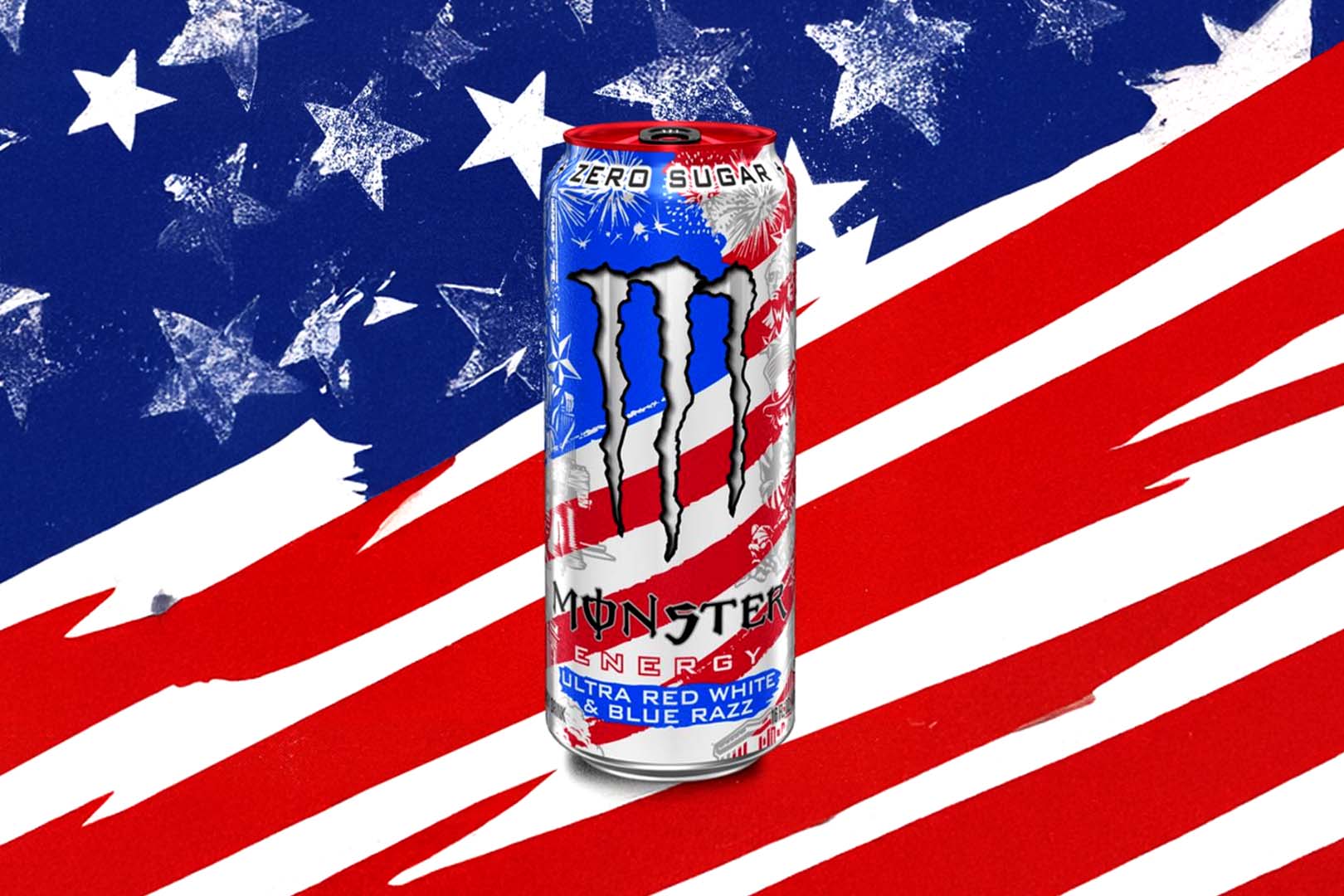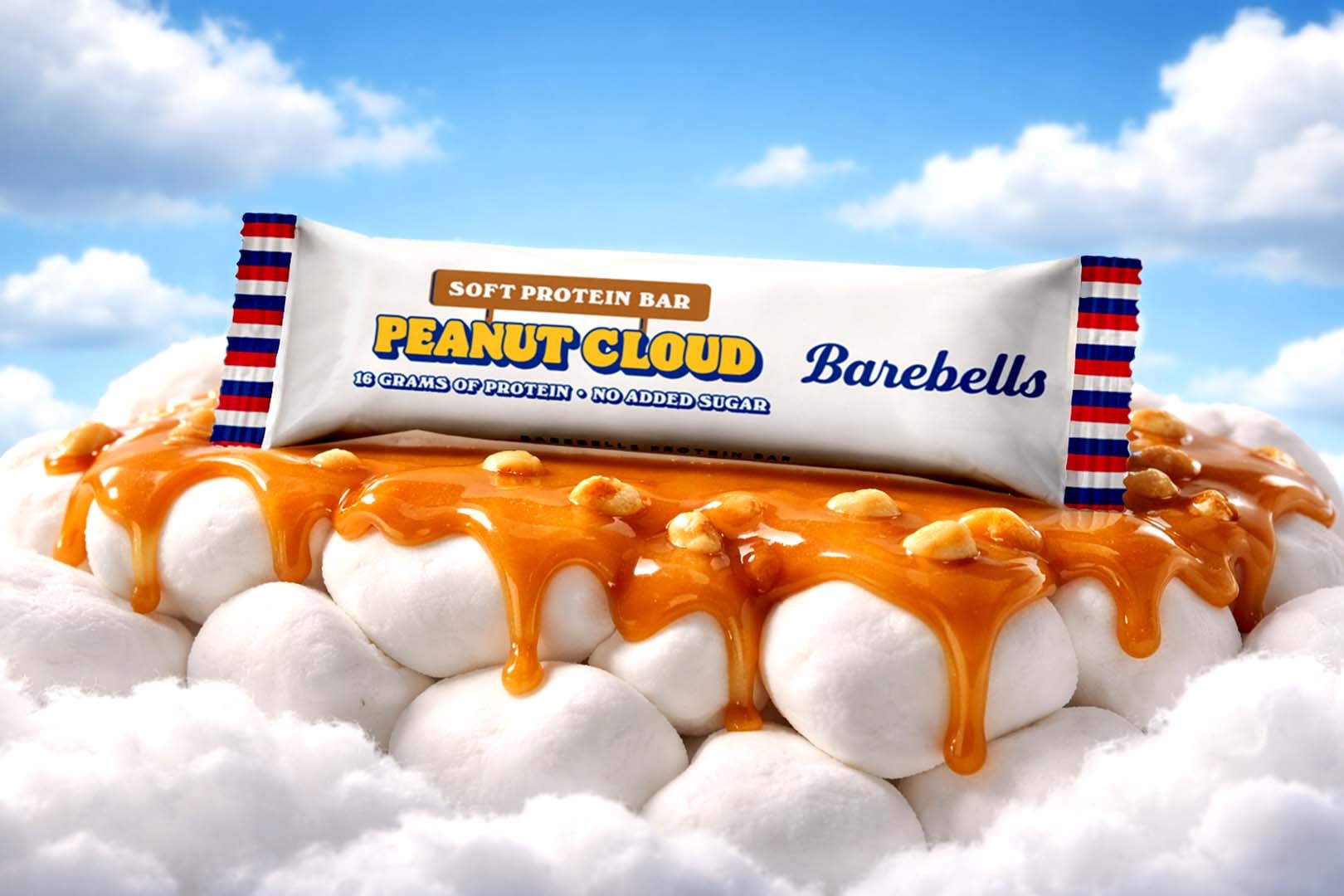Electrolytes
Electrolytes are impressively effective at both hydrating and increasing athletic performance of users. Electrolytes are minerals such as sodium, potassium, magnesium, and calcium that the body requires to effectively communicate signals from the brain to muscle cells.
Running low on electrolytes can mean that our body is unable to contract muscles correctly which means we have less power during exercise. At a more extreme level, having too low of electrolytes in our system can mean significant cramping which eliminates our ability to exercise at all.
What it does
Electrolytes are crucial to athletic performance, especially supplemental sodium and magnesium. One of the most significant studies utilized sodium capsules during a triathlon and found that athletes who received the placebo finished on average 26 minutes slower[1].
Another essential electrolyte is magnesium. It has shown to be crucial in our metabolism, cardiorespiratory function, as well as muscle contractions. One meta-study, in particular, found it to positively impact strength, muscle performance, exercise performance, and more[2].
How it works
Electrolytes work thanks to their ability to dissolve into positive and negative charges. This characteristic enables them to conduct electricity, which makes them capable of influencing water flow into our cells along with helping signals from the brain reach their destination in our muscles.
Dosing
Athletes should aim for the following doses of minerals each day via their diet and/or supplementation for maximum physical performance:
Potassium: 4,700mg/day
Sodium: 1,500mg/day
Magnesium: 300-420mg/day
Calcium: 1,000mg-1,500mg/day





